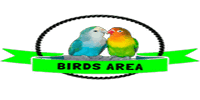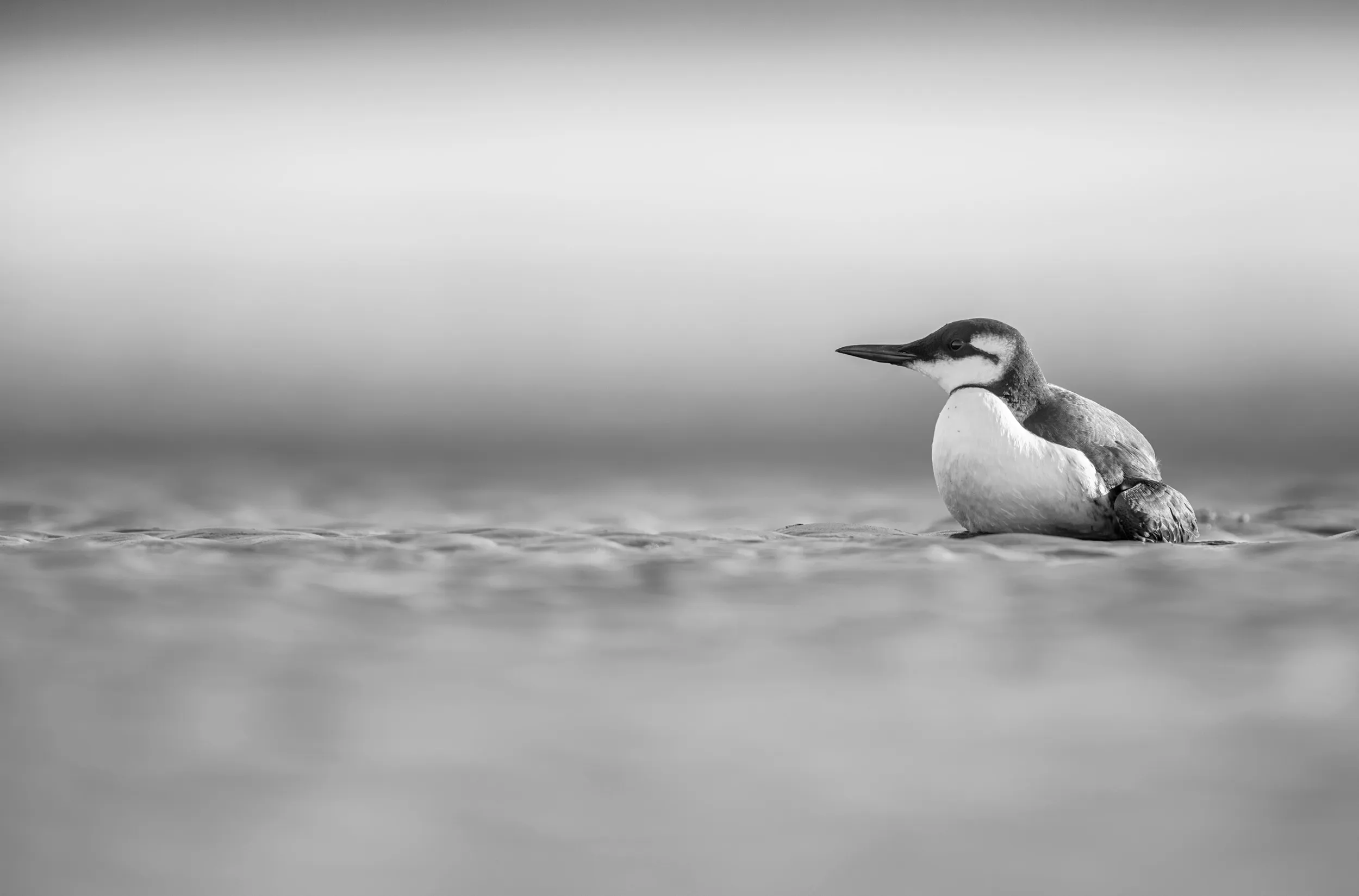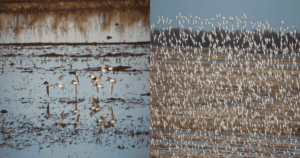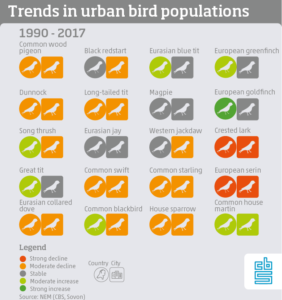Who Should I Call If I am Concerned About a Bird? Expert Tips
If you are worried about a bird, call a wildlife rescue. They can offer the best help and advice for the bird’s safety.
Birds can sometimes get into trouble. They might be hurt, sick, or in danger. Seeing a bird in distress can be upsetting. You may not know what to do or who to contact. This blog will guide you through the steps you need to take.
We will discuss who to call and how they can help. Knowing the right people to contact can make a big difference. It ensures the bird gets the care it needs quickly and safely. So, let’s dive in and find out what to do if you are ever worried about a bird.
Recognizing Bird Emergencies
Noticing a bird in distress can be alarming. Quick action can save the bird’s life. Knowing the signs of distress and common injuries helps. It ensures you can act fast and provide the right help.
Signs Of Distress
Birds in distress show clear signs. Look for these signs to identify if a bird needs help.
- Labored breathing or open-mouth breathing
- Fluffed up feathers for a long time
- Weakness or inability to fly
- Visible injuries or bleeding
- Unusual behavior or lack of fear
These signs mean the bird needs help. Contact a local wildlife rescue center or veterinarian. They can guide you on the next steps.
Common Injuries
Birds can suffer from various injuries. Knowing the common ones helps you understand the urgency.
- Broken wings or legs
- Head trauma from window collisions
- Cat or dog attacks
- Entanglement in fishing lines or nets
- Oil or chemical exposure
If you see these injuries, handle the bird carefully. Use gloves and place the bird in a ventilated box. Keep it warm and quiet. Then, contact a professional for help.
Immediate Steps To Take
If you are concerned about a bird, knowing the immediate steps to take is crucial. This guide will help you ensure the bird’s safety and assess its condition. Follow these steps to provide the best care for the bird in need.
Ensure Safety
Your safety and the bird’s safety come first. Approach the bird slowly to avoid startling it. If the bird is near a road or other hazards, try to guide it to a safer area.
- Keep children and pets away from the bird.
- Wear gloves to protect yourself from potential bites or scratches.
- Use a towel or cloth to gently pick up the bird if necessary.
Initial Assessment
After ensuring safety, perform an initial assessment of the bird’s condition. Look for visible injuries or signs of distress. Here’s a quick checklist:
| Assessment Criteria | What to Look For |
|---|---|
| Injuries | Broken wings, blood, or limping |
| Behavior | Unusual quietness or frantic behavior |
| Surroundings | Nearby threats like predators or traffic |
If the bird appears injured or unwell, it’s best to contact a local wildlife rehabilitator or veterinarian. You can also reach out to animal control or a bird rescue organization for assistance.
By following these steps, you can help ensure the bird receives the care it needs promptly. Always prioritize safety and seek professional help when needed.
Local Wildlife Rehabilitation Centers
Local Wildlife Rehabilitation Centers play a crucial role in caring for injured or distressed birds. These centers are often staffed with experts who can provide the necessary medical care and rehabilitation for various bird species. If you find a bird that appears to be hurt or in danger, contacting a nearby wildlife rehabilitation center can ensure the bird receives the best possible care.
Finding Nearby Centers
To find a nearby wildlife rehabilitation center, start by searching online. Websites like Wildlife Rehabilitation Directory can help you locate centers in your area. You can also contact local animal shelters or veterinary clinics. They often have information on local wildlife rescue resources.
Another option is to call your local government office. They can provide contact details for wildlife rehabilitation centers. Social media platforms can also be a helpful resource. Many communities have local wildlife groups that share information about nearby rehab centers.
Services Provided
Wildlife rehabilitation centers offer a range of services to help injured or distressed birds:
- Medical Treatment: Centers provide medical care for injuries and illnesses.
- Rehabilitation: They work on rehabilitating birds so they can return to the wild.
- Shelter: Birds receive a safe and secure place to recover.
- Feeding: Centers ensure birds receive proper nutrition during recovery.
- Education: Many centers educate the public about wildlife conservation.
These services are essential for the survival and well-being of injured birds. By contacting a local wildlife rehabilitation center, you contribute to the conservation of bird species and their habitats.
Contacting Animal Control
Concerned about a bird in your area? Contacting animal control can provide help. They have the resources and expertise needed. But when should you call them? And what can you expect? Let’s explore these questions.
When To Call
It’s important to know when to call animal control. Here are some situations:
- If you find an injured bird
- When you see a bird trapped inside a building
- If a bird is behaving strangely
- When you notice a bird in danger
In these cases, animal control can help. They can ensure the bird’s safety and well-being.
What To Expect
Wondering what happens next? Here’s what to expect:
- Initial Call: You’ll describe the situation. Provide as much detail as possible.
- Response Time: Animal control will respond. The time may vary based on urgency.
- Assessment: A professional will assess the bird’s condition. They’ll decide the next steps.
- Action: They may rescue or treat the bird. Sometimes, they might relocate it.
- Follow-Up: You might get follow-up information. This helps you know the bird’s outcome.
Contacting animal control ensures the bird gets the help it needs. It also gives you peace of mind.
Veterinarians Specializing In Birds
Concerns about a bird’s health require professional help. Veterinarians specializing in birds, also known as avian vets, are experts. They provide the best care for our feathered friends. Finding the right avian vet can be crucial for a bird’s well-being.
Locating Avian Vets
Start by searching online for avian vets in your area. Check their reviews and ratings. Ask local pet stores and bird clubs for recommendations. Many bird owners have trusted vets they can suggest. You can also contact animal shelters for advice.
Another option is to visit the Association of Avian Veterinarians website. They have a directory of certified avian vets. This ensures you find a qualified professional. Remember, not all vets have the same experience with birds. Ensure the vet you choose specializes in avian care.
Preparing For The Visit
Before the visit, gather all necessary information. Note any symptoms your bird is showing. Write down its diet, habits, and any changes in behavior. This helps the vet understand the bird’s condition better.
Transporting your bird safely is also important. Use a proper bird carrier. Make the environment inside comfortable. Include familiar items like toys or perches. This reduces stress during the trip.
During the visit, ask questions. Understand the vet’s recommendations. Follow the prescribed treatment plan. Your bird’s health depends on it.

Credit: www.facebook.com
Bird Rescue Organizations
Bird rescue organizations play a vital role in helping injured or distressed birds. They provide medical care, rehabilitation, and safe environments for recovery. These organizations often rely on dedicated volunteers and non-profit groups to operate effectively.
Non-profit Groups
Many bird rescue organizations are non-profit groups. They are dedicated to saving and rehabilitating birds. These groups often depend on donations and grants to fund their operations. They also run awareness campaigns and educational programs about bird conservation.
Some well-known non-profit bird rescue organizations include:
- BirdLife International – Focuses on global bird conservation.
- The Raptor Trust – Specializes in the rescue of birds of prey.
- International Bird Rescue – Handles waterfowl and seabirds.
| Organization | Focus Area |
|---|---|
| BirdLife International | Global conservation |
| The Raptor Trust | Birds of prey |
| International Bird Rescue | Waterfowl and seabirds |
Volunteer Support
Volunteers are the backbone of many bird rescue organizations. They assist with various tasks, from feeding and cleaning to transporting injured birds. Many organizations offer training programs for volunteers. This ensures they are well-prepared to handle birds safely.
Ways volunteers can help include:
- Feeding and caring for injured birds.
- Transporting birds to veterinary clinics.
- Assisting in educational outreach programs.
- Helping with fundraising events.
Volunteers often find this work rewarding. They get a chance to make a real difference in the lives of birds. Interested in volunteering? Contact a local bird rescue organization to learn how you can help.
Using Online Resources
Using online resources can be a great way to find help if you are concerned about a bird. The internet offers a wealth of information and support for bird-related issues. You can access helpful websites and join social media groups to get advice. These online resources can connect you with experts and enthusiasts who can provide guidance.
Helpful Websites
Several websites offer valuable information about bird care. The Audubon Society website has resources on bird identification and injury assistance. The Cornell Lab of Ornithology provides detailed guides on bird species and their care. Local wildlife rescue websites often have contact details for nearby assistance. These sites can direct you to the right help for different bird issues.
Social Media Groups
Joining social media groups can be very beneficial. Facebook groups dedicated to bird rescue and care can connect you with experienced individuals. These groups often have members who are quick to respond to urgent queries. Reddit communities focused on bird watching and care can also be useful. Members share their experiences and offer practical advice. Social media can provide immediate support from a large network of bird enthusiasts.

Credit: tristatebird.org
Prevention And Awareness
Being concerned about a bird’s well-being is commendable. Prevention and awareness are crucial. These efforts can help protect our avian friends. Let’s delve into how we can create a safer environment and educate our community.
Creating Safe Environments
Birds often face dangers in urban areas. To keep them safe, start at home. Use bird-friendly windows. Install bird feeders and baths. These small changes can make a big difference. Secure trash bins to prevent birds from eating harmful waste. Ensure pets do not harm birds. A safe environment reduces risks.
Community Education
Educating your community is vital. Share information about local birds. Use social media to spread awareness. Arrange local workshops or talks. Involve schools and local groups. Teach children the importance of birds. Promote bird-watching activities. Encourage others to adopt bird-friendly practices. Collective efforts lead to significant impact.

Credit: www.instagram.com
Frequently Asked Questions
Who Do I Contact For An Injured Bird?
If you find an injured bird, contact a local wildlife rehabilitation center. They have the expertise to help.
What Should I Do If I Find A Baby Bird?
If you find a baby bird, observe from a distance. If it’s injured, contact a wildlife rehabilitator.
How Can I Help A Bird Stuck In My House?
If a bird is stuck in your house, open windows and doors. Allow it to find its way out.
Who Handles Bird Rescue In My Area?
To find a bird rescue organization, search online or contact local animal control services.
Conclusion
Contacting the right person for bird concerns ensures safety for all. Call local wildlife rehab centers first. They have experts to help the bird. Animal control can assist too. Veterinarians are another option. They provide medical care if needed. Never try to handle an injured bird alone.
Proper help protects you and the bird. Remember, timely action is crucial. Protect our feathered friends with the right call.
Hello Dear, I'm Poli Kolymnia, owner of many birds (including budgies).
With a deep passion for these feathered companions, I'm here to share my expertise and extensive knowledge on birds care.
My articles cover essential topics like diet, housing, care, and health, providing practical tips to help you create a happy and thriving environment for your birds.





